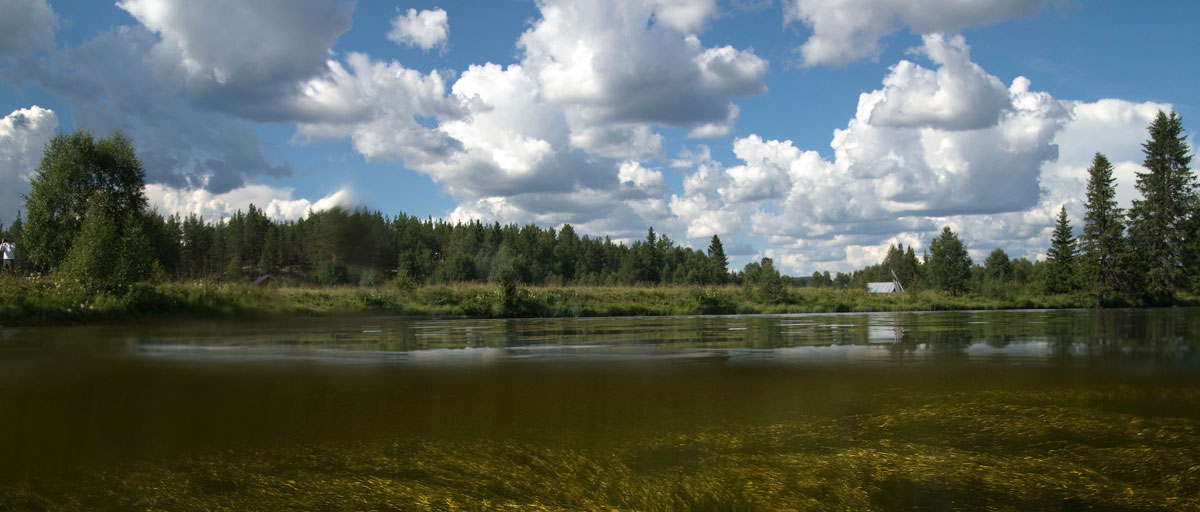RESEARCH THEMES
RESEARCH Streams
SHORTCUTS
Want to know more about our research? Click here!
INTERDISCIPLINARY COURSES
Stockholm Resilience Centre offers interdisciplinary courses on first (Undergraduate), second (Master's) and third (PhD) levels of University education. Want to know more about our courses? Click here!
POLICY and Practice
Our engagement in science-policy-practice activities has increased steadily over the years and range from high-level UN dialogues to local resilience assessments. Want to know more about our policy work? Click here!

Photo: N. Wijkmark/Azote
Bildtext får vara max två rader text. Hela texten ska högerjusteras om den bara ska innehålla fotobyline! Photo: B. Christensen/Azote
stockholm seminar
The complexity and simplicity of ecological communities
Seminar with Daniel Stouffer, Thursday 2 June 2016
Text
Present-day ecosystems face a variety of threats, among those invasive species. The effects of these can permeate entire communities. Community ecology was therefore quick to embrace more holistic approaches that consider all species within an ecosystem and the collection of interactions between them within a network formalism. Perhaps because it draws on tools from graph theory and statistical physics, a cornerstone idea in this network approach is the notion that ecological networks are paradigmatic complex systems.
In this talk, Daniel Stouffer will provide multiple examples which demonstrate that in many instances the exact opposite is true. In particular, he will focus on the growing body of network studies that identify ubiquitous structural patterns linking disparate ecological networks together, independent of details like where they come from or their particular species composition.
Finally, he will conclude with an intriguing counterexample which shows that a paradigmatic "simple" system - competition between multiple co-occurring plants - is much more complex than previously thought.
About Daniel Stouffer
Daniel Stouffer completed his PhD in Chemical and Biological Engineering at Northwestern University (USA) in 2007, after which he spent four years as a postdoctoral fellow in the Estación Biológica de Doñana (Spain). He then joined the University of Canterbury in 2011 where he is currently an Associate Professor and a Royal Society of New Zealand Rutherford Discovery Fellow.
Broadly speaking, Daniel leads a research group focused on disentangling ecological complexity with a particular interest in questions from community ecology. Using a mix of tools and approaches from inside and outside biology (e.g., engineering, physics, or statistics), they take a quantitative approach to uncovering patterns in empirical data and exploring their ecological or evolutionary significance.

Stockholm Resilience Centre
Stockholm University, Kräftriket 2B
SE-10691
Phone: +46 8 674 70 70
info@stockholmresilience.su.se
Organisation number: 202100-3062
VAT No: SE202100306201



